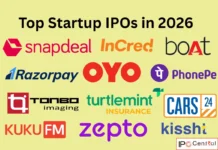India’s corporate world is a fascinating mix of age-old legacy and cutting-edge innovation. Some businesses have not only weathered the storms of time but have also played a pivotal role in shaping the country’s economy and cultural identity. From opulent jewellery houses to powerhouse conglomerates, these companies have evolved with the times while staying true to their roots. Join us as we take a deep dive into some of the oldest companies in India, exploring their humble beginnings, growth trajectories, and enduring legacies.
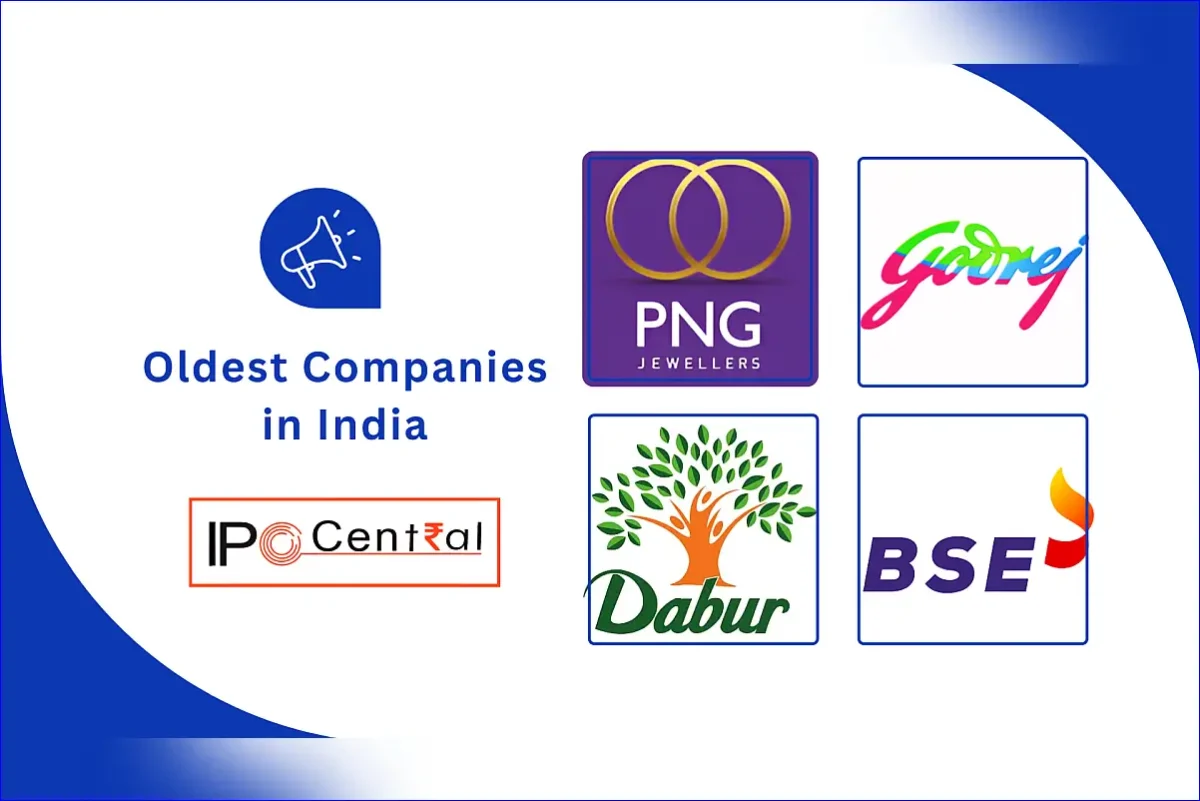
Table of Contents
List of Oldest Companies in India
| Company | Year | Value (INR Cr) | City |
| P N G Jewellers | 1832 | 10,300 | Pune |
| Bennett Coleman | 1838 | 15,190 | Mumbai |
| Bombay Burmah Trading Corporation | 1863 | 16,540 | Mumbai |
| BSE | 1875 | 76,280 | Mumbai |
| Dabur India | 1884 | 89,850 | Ghaziabad |
| Kirloskar Brothers | 1888 | 18,170 | Pune |
| Britannia Industries | 1892 | 1,15,470 | Kolkata |
| Godrej Industries | 1897 | 35,820 | Mumbai |
| Aditya Birla Real Estate | 1897 | 31,570 | Mumbai |
| Indian Hotels Company | 1899 | 1,19,210 | Mumbai |
| CESC | 1899 | 26,460 | Kolkata |
Read Also: Top 10 Largest Employers in India
#1 PN Gadgil Jewellers – Among Top Oldest Companies in India

What started as a modest venture on the pavements of Sangli, Maharashtra, in 1832 has now grown into a revered name in Indian jewellery. Founded by Ganesh Gadgil, P. N. Gadgil Jewellers quickly earned the patronage of the Patwardhan kings of Sangli. But its real transformation began in 1958 when Anant “Dajikaka” Gadgil expanded the business to Pune. PNG Jewellers is among India’s oldest and most trusted jewelry brands, known for its craftsmanship in gold, diamond, and silver ornaments.
Today, with 39 stores across Maharashtra and Goa, plus an international presence in California, P. N. Gadgil Jewellers continues to thrive. September 2024 marked a major milestone with the launch of its IPO, solidifying its financial strength while keeping the Gadgil family firmly in control with an 83% stake. This brand remains a benchmark in India’s jewellery industry by blending traditional artistry with contemporary designs.
Market Cap – INR 7,275 crore
Revenue – INR 6,060 crore
Net Income – INR 154 crore
ROCE (%) – 30.3
P/E Ratio – 34.4
#2 Bennett, Coleman & Co. (The Times Group) – Since 1838
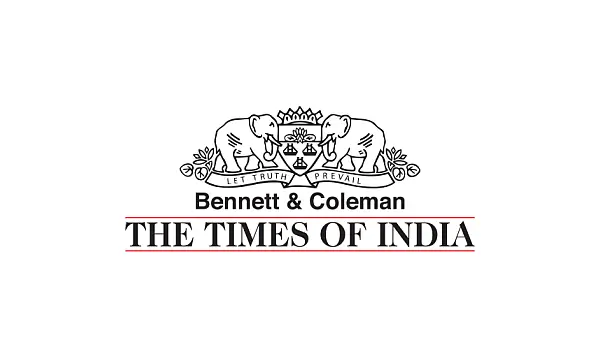
Bennett, Coleman & Co. (BCCL), commonly known as The Times Group, is one of India’s largest and most diversified media conglomerates. The Times of India, its flagship publication, has long set the standard for journalism in the country. But the group hasn’t just stuck to print, it has expanded into television, radio, and digital platforms, seamlessly adapting to the changing times. By embracing technology and digital transformation, The Times Group continues to engage audiences across multiple formats, making it a household name in Indian media.
Bennett, Coleman & Co. has an annual revenue of approximately USD 1.4 billion and employs over 11,000 people. The group supports over 25,000 advertisers and has a global audience. Its flagship brand, The Times of India, has a readership of over 17 million in India alone.
Revenue – INR 10,659 crore
Net Income – INR 1,042 crore
EBITDA – INR 361 crore
Read Also: List of the Oldest Business Families in India
#3 Bombay Burmah Trading Corporation – Among The Oldest Listed Companies in India

Initially established for the Burmese teak trade in 1863, the Bombay Burmah Trading Corporation has grown into a multifaceted enterprise. A part of the illustrious Wadia Group, it now has a foothold in diverse industries like plantations, healthcare, and real estate. Known for its ethical business practices, the company has carved a niche in sustainable tea and coffee production, as one of the oldest listed companies in India. Decades of strategic investments and an unwavering commitment to quality have cemented its reputation as a leader in multiple sectors.
Market Cap – INR 11,352 crore
Revenue – INR 17,109 crore
Net Income – INR 1,737 crore
5-Year CAGR (%) – 8.41
P/E Ratio – 10.1
ROCE (%) – 28.3
Read Also: Zoho Valuation, Market Cap, Financial Overview: A Comprehensive Analysis
#4 Bombay Stock Exchange (BSE) – A Major Player in India’s Oldest Companies Landscape
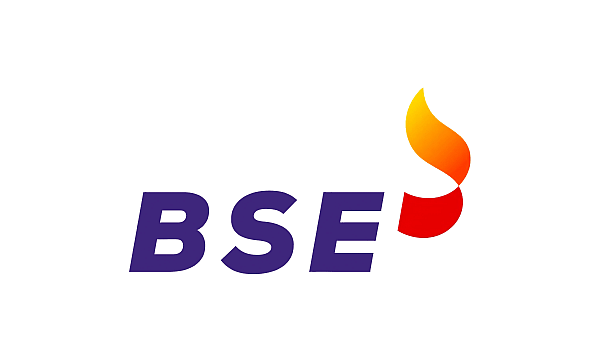
The Bombay Stock Exchange, or BSE, isn’t just India’s oldest stock exchange—it’s the oldest in all of Asia and remains one of the oldest companies in India. Established in 1875, BSE has been instrumental in shaping the nation’s financial landscape. Housing over 5,000 listed companies, it provides a dynamic platform for equities, derivatives, and mutual fund trading. With innovations like electronic trading and a commitment to transparency, BSE remains a pillar of India’s economic progress. Its benchmark index, the SENSEX, serves as a pulse check for the country’s financial health.
Market Cap – INR 66,238 crore
Revenue – INR 1,592 crore
Net Income – INR 772 crore
5-Year CAGR (%) – 19.5
P/E Ratio – 70.8
ROCE (%) – 20.0
#5 Dabur India – Since 1884
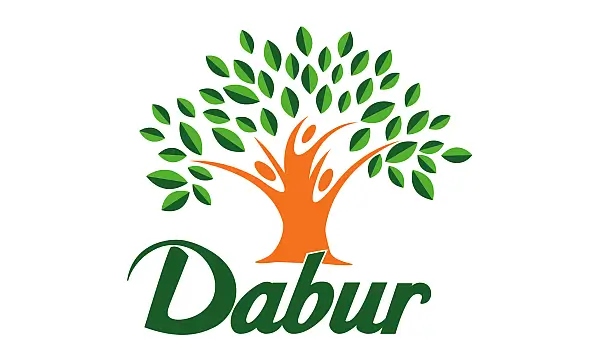
Dabur’s story began in 1884 when Dr. S.K. Burman set out to make Ayurvedic medicines more accessible. Today, it’s one of India’s largest consumer goods companies, offering everything from health supplements to skincare products. Built on a foundation of natural ingredients and wellness-driven innovation, Dabur has won the trust of millions. With steady revenue growth and a strong market presence, the company continues to expand its offerings to meet modern lifestyle needs.
Market Cap – INR 87,730 crore
Revenue – INR 12,404 crore
Net Income – INR 1,811 crore
5-Year CAGR (%) – 7.81
P/E Ratio – 49.6
ROCE (%) – 22.3
#6 Britannia Industries – Since 1892
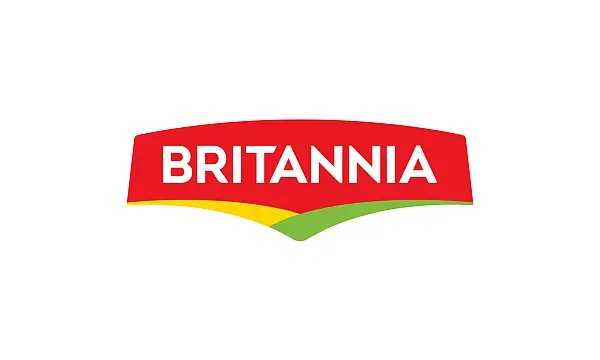
Few brands have been as synonymous with Indian snacking as Britannia. Arguably, this is the most important of the oldest companies in India. Founded in 1892, this beloved company has brought quality bakery products to generations of Indians. From classic biscuits to fortified, health-conscious options, Britannia has consistently evolved to match consumer preferences. Strategic expansions and a laser focus on quality have kept this brand at the top of the food industry.
Market Cap – INR 1,13,330 crore
Revenue – INR 16,769 crore
Net Income – INR 2,134 crore
5-Year CAGR (%) – 8.69
P/E Ratio – 52.1
ROCE (%) – 48.9
#7 Godrej Industries – Since 1897

Beginning as a manufacturer of secure locks, Godrej Industries has since grown into a diversified conglomerate. Today, it operates in sectors ranging from consumer goods to real estate, agriculture, and chemicals. Its emphasis on sustainability and innovation sets it apart—whether it’s green buildings or eco-friendly appliances. With a strong market presence and forward-thinking leadership, Godrej continues to shape India’s industrial and consumer landscape.
Market Cap – INR 36,875 crore
Revenue – INR 16,601 crore
Net Income – INR 595 crore
5-Year CAGR (%) – 8.88
P/E Ratio – 47.7
ROCE (%) – 5.59
Read Also: Haldiram Valuation, Market Cap & Financials: A Complete Analysis
#8 Kirloskar Brothers – Since 1901
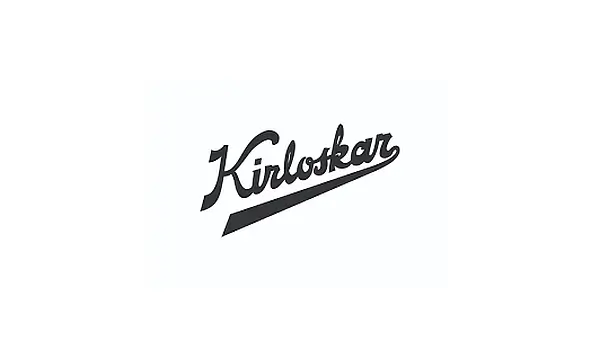
An undisputed leader in engineering, Kirloskar Brothers was founded in 1901 and specializes in fluid management solutions on the list of top oldest companies in India. Its pumps and valves play an essential role in industries like agriculture, infrastructure, and power generation. With cutting-edge research and development, Kirloskar remains at the forefront of industrial solutions, contributing to India’s water and energy management.
Market Cap – INR 12,844 crore
Revenue – INR 4,001 crore
Net Income – INR 350 crore
5-Year CAGR (%) – 3.62
P/E Ratio – 29.5
ROCE (%) – 27.3
#9 Aditya Birla Real Estate – A Beacon Among the Oldest Companies From the House of Birla
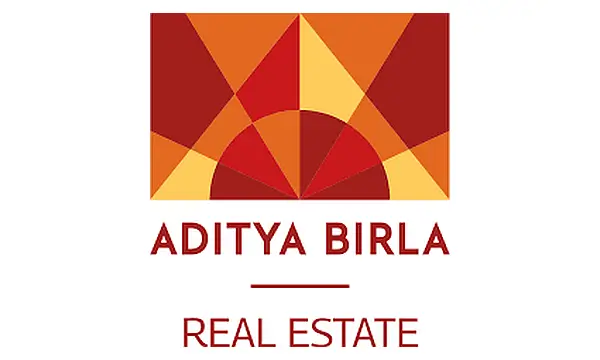
Part of the global Aditya Birla Group, this real estate arm has been redefining India’s urban landscape since 1907. Focused on premium and sustainable infrastructure, the company has developed landmark projects in Mumbai, Delhi, and Bangalore. With customer-centric designs and a commitment to eco-friendly construction, Aditya Birla Real Estate continues to set new benchmarks in the industry. Valued at INR 31,570 crore, the company has a notable market share in commercial and residential real estate development. It is currently developing new projects in metropolitan areas, focusing on sustainable and smart infrastructure.
Market Cap – INR 18,653 crore
Revenue – INR 4,514 crore
Net Income – INR 205 crore
5-Year CAGR (%) – 2.74
P/E Ratio – 1,023
ROCE (%) – 8.31
#10 Indian Hotels Company – Biggest Among Oldest Companies in India
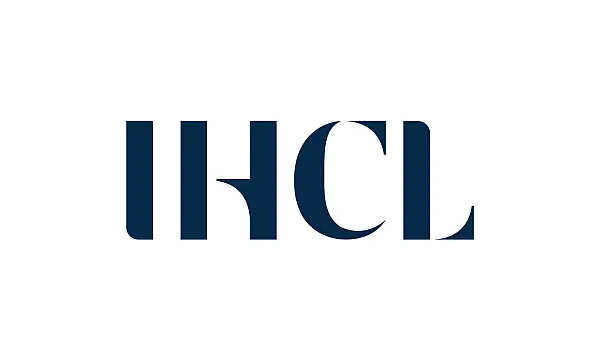
Established in 1903, Indian Hotels Company, a part of the Tata Group, is a prominent player in the hospitality industry, operating the Taj Hotels chain. With a value of INR 1,19,210 crore, IHCL holds a substantial share in the luxury hospitality segment. The company is expanding its portfolio with new properties in both domestic and international markets, aiming to expand its luxury and business hotel offerings. In 2024, IHCL announced plans to open several new Taj, Vivanta, and Ginger hotels across key Indian and international cities. Over the years, IHCL has expanded globally, operating in over 12 countries.
Market Cap – INR 1,01,064 crore
Revenue – INR 6,769 crore
Net Income – INR 1,330 crore
5-Year CAGR (%) – 40.8
P/E Ratio – 64.7
ROCE (%) – 15.1
#11 CESC – Since 1899
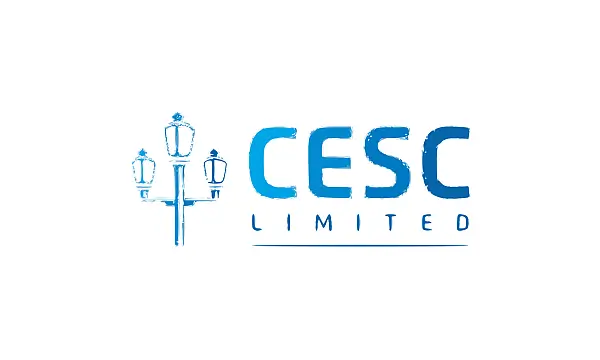
Founded in 1899, CESC is one of India’s oldest private power utility companies, serving Kolkata and its surrounding regions. With a market valuation of INR 35,000 crore, it holds a significant share in the electricity distribution sector, ensuring uninterrupted power supply to millions. The company is expanding its renewable energy capacity, with plans to add new solar and wind power projects in 2024 to reduce dependency on fossil fuels.
What sets CESC apart is its emphasis on technological advancements, including smart metering and AI-driven grid management, ensuring efficient and reliable electricity distribution.
Market Cap – INR 17,484 crore
Revenue – INR 15,293 crore
Net Income – INR 1,447 crore
5-Year CAGR (%) – 15.7
P/E Ratio – 12.6
ROCE (%) – 11.6
So this is all about the oldest companies in India. We hope you liked this list. Please let us know your thoughts in the comments section below.
Read Also: Zerodha Valuation & Market Cap: Financial Overview and Growth Analysis
Final Thoughts
These companies are more than just business entities—they are institutions that have shaped India’s economic, social, and cultural landscape. Their ability to adapt, innovate, and stay relevant over decades (or even centuries) is a testament to their resilience. Whether through technological advancements, global expansion, or sustainable practices, these timeless titans continue to influence India’s corporate future. As they evolve, they carry forward a legacy that blends tradition with modernity, proving that longevity in business isn’t just about survival—it’s about continuous reinvention.
































